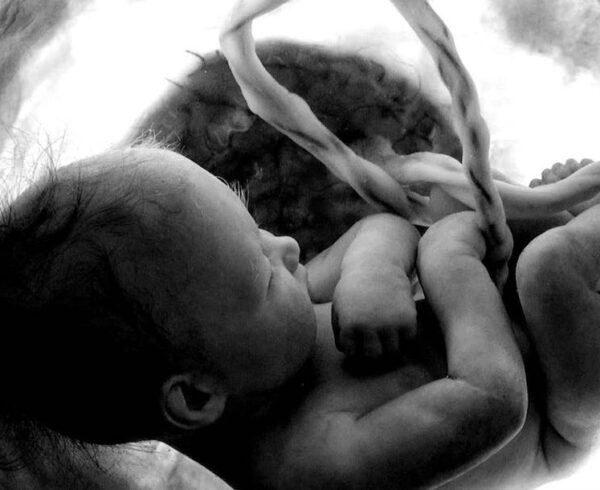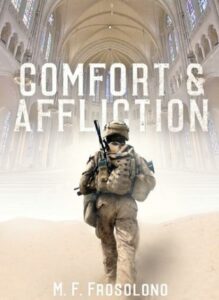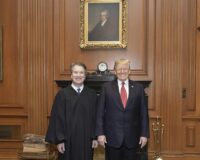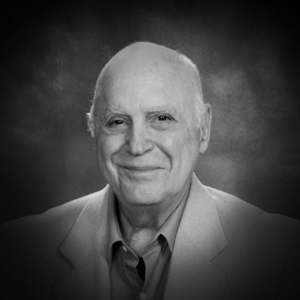Full disclosure: I am a Judeo-Christian who struggles to profess, witness to, and worship Jesus Christ as Lord and Savior; and I also wrestle with how to serve all my brothers and sisters in imitation of Christ. In the political arena, my politics are those of Jesus Christ resurrected.
I think of God as a giant body of water into, and out of, which flow many tributaries. My canoe floats on the current of United Methodist within the giant river of Protestantism. Conceiving of God in this manner helps me to be inclusive in my religious outlook, and definitely not to adhere to “one way theology.” Where other people chose to float their religious boats is between them and their Deity. Assignment of ultimate destinations lies well above my pay grade.
I make these declarations because some responses to my last post question my Judeo-Christian morality. That is, if I don’t consider homosexuality a sin and I don’t oppose same sex (same gender) marriage, am I willfully ignoring Biblical principles about a terrible sin and promoting the absence of morality in our nation and government? Previous blog posts explain why I don’t believe homosexuality between consenting adults is a sin. I have not willfully ignored Biblical teachings concerning homosexuality; rather, my position has been reached after considerable thought and reassessment of religious principles from my youth.
Another question I’m often asked is: Why do I a heterosexual male in a monogamous 55-year marriage to a wonderful heterosexual woman with two adult heterosexual daughters also in long term marriages to heterosexual men (two of the world’s greatest sons-in-law) agitate so much for LGBTQ rights, especially same sex marriage? I view the struggle for LGBTQ and Civil Rights from the same religious and Constitutional perspectives; but, the answer to this question comes from my past deficiencies. During the height of the Civil Rights struggle in this country, I was in graduate school and then in the early stages of building my scientific career. I was too busy to play an active role in the struggle other than through conversations and some witnessing. Now, that I have time and platforms to engage opponents of LGBTQ rights, I don’t want to miss another opportunity to speak out in support of a worthy cause.
The Mistaken Furor
In its recent Obergefell v. Hodges decision, SCOTUS simply declared that hetero- and homosexual persons have the same Constitutional, i.e., civil right, to marry within all jurisdictions of the US. That is, no state or minority of states can withhold a Constitutional right operative in the majority of states. We fought a bloody Civil War over this issue and have been engaged for over a century in overcoming resistance to the outcome of that divisive war that illustrated a primary principle re the Southern States: Don’t start what you can’t finish.
I believe the furor in some quarters, especially from those individuals and organizations we might characterize as religiously and politically conservative, in response to Obergefell v. Hodges comes from profound misunderstandings perhaps even willful distortions of facts and implications. First and foremost, the ruling has only limited religious implications. Individual states through their counties and parishes issue civil marriage licenses, and marriages are not considered valid absent such a license. Once the civil license has been granted, couples may or may not be married under the aegis of a religious institution: With or without the religious ceremony, the issuing state authority considers the marriage valid. SCOTUS simply declared marriage within the US and its territories a civil, not a religious, right.
Obergefell v. Hodges does not prohibit any heterosexual couple from marrying in a religious ceremony. Importantly, this ruling forces no religious institution or minister to perform marriages between same sex couples. From my non-lawyer’s perspective, the US Constitution cannot promote such forcible acts because they would violate the Establishment and Free Exercise Clause of the First Amendment (Congress shall make no law respecting an establishment of religion, or prohibiting the free exercise thereof). Yes, I believe a religious institution that discriminates against LGBTQ individuals in its Federally supported community outreach programs arguably could, and should, face the loss of such funding.
Obergefell v. Hodges does not, and cannot, force a heterosexual person to marry a homosexual person. I bring up this point simply to counter one of the more ridiculous paranoiac alarums that have been put forth in recent days. The ruling also does not allow man-boy marriages because, to my knowledge, all jurisdictions impose age limits on prospective marriage participants.
Some, hopefully well-meaning, persons have decried Obergefell v. Hodges because the ruling in their minds limits the roll of Judeo-Christians in the politics of this country. Nothing could be further from the truth. Judeo-Christians, except those who retreat to cloistered environments, must be engaged in politics in order to carry out Jesus’ Great Commission: Go therefore and make disciples of all nations…..and teaching them to obey everything I have commanded you. From the perspective of the Great Commission, politics is a teaching tool for Judeo-Christians. The primary issue is how Judeo-Christians should best be involved in politics: I believe the vast majority of Judeo-Christian efforts in the political arena should be devoted to protecting a level playing field for all religionsthe intent of the Establishment and Free Exercise clauses.
Nothing, however, prevents Judeo-Christians from entering the political arena in order to work for passage of a Constitutional amendment to overturn Obergefell v. Hodges. I think this course of action would be unwise but no Constitutional limit excludes a massive waste of time, funds, and energy in the attempt.
Restoration of Religious Freedom
A detailed explanation of Federal and State Religious Freedom Restoration Acts (RFRAs), including outcomes of disparate court cases, far exceeds the limitations of this post. Basically, RFRAs state that governments shall not substantially burden a person’s religious rights and obligations. RFRAs arise as outgrowths of the Free Exercise sub-Clause. RFRAs have been used as a legal means for businesses (e.g., photography studios, bakers, flower shops) to deny products and services to homosexuals, especially for same sex weddings. County clerks who oppose issuing marriage licenses on religious grounds to same sex couples also have invoked RFRAs. My current state of residence, Texas, was a hotbed of this mistaken activity immediately after Obergefell v. Hodges; but, thankfully the resistance exhibited by some county clerks has died down. Like hanging, the prospect of legal action and resultant massive fines focuses the mind wonderfully.
What effect do RFRAs have on sincere Judeo-Christians? The early church in the Roman Empire proved that no government can force Judeo-Christians to deny their profound religious principles. Yes, the cost may be high, even to the extent of martyrdom. Within the US, the cost probably involves loss of jobs and income, not loss of life. I think the RFRA defenses raised as a result of Obergefell v. Hodges are a means to circumvent the financial consequences of resistance to this SCOTUS ruling.
While RFRA cases wend their way through various legal jurisdictions, I suggest that Judeo-Christians who object to serving LGBTQ persons, especially in the context of weddings, simply look for other means of employment: I hope RFRA objections to serving LGBTQ persons ultimately will become legally null and void.
Who Will Guard the Guardians?
I rely upon the Establishment and Free Exercise Clause because I don’t want any self-proclaimed guardians imposing their versions of morality upon me. All of us have the Constitutional right to use powers of persuasion and witness to convince other individuals about views on morality. Powers of persuasion aside, I certainly don’t want the Westboro Baptist Church in Kansas, Franklin Graham, or Mike Huckabee among several others to dictate their views of LGBTQ immorality upon me and my brothers and sisters in the LGBTQ community.
If you enjoyed reading this blog post, please consider purchasing my novel, Comfort and Affliction on Amazon or Barnes & Noble.










